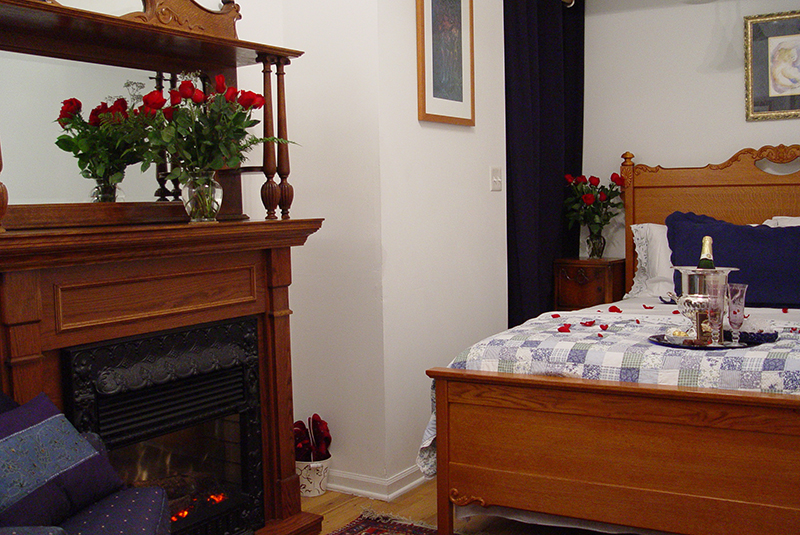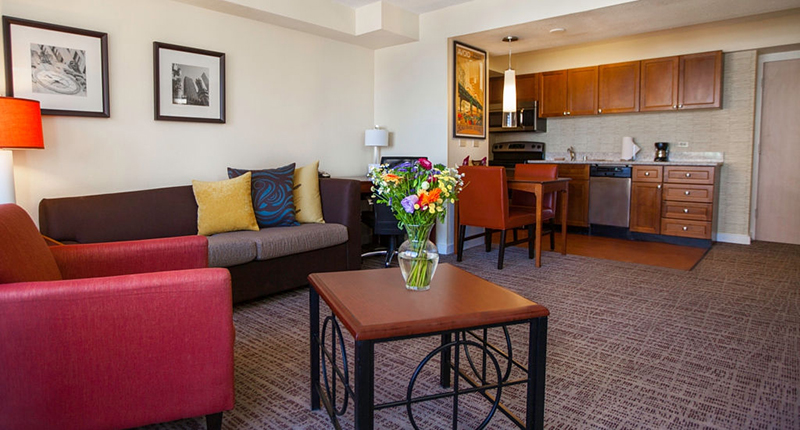Airbnb, a company now valued at roughly $25 billion, is only growing in popularity. The company claims that its more than 2 million listings worldwide are used by hosts to supplement their income, and Airbnb’s own figures claim the average listing earns $5,110 per year being shared four nights per month.
The numbers provided by Airbnb are being contested by the American Hotel & Lodging Association, which claims that the majority of Airbnb’s listings come from a collection of commercial operators renting apartments out 365 days per year. This is in stark contrast to the company’s perceived hosts, homeowners or renters looking to add to their income while their dwelling is empty, but research from the AH&LA is showing this is not the case.

A new report into the city of Chicago shows nearly 25 percent of Airbnb’s revenue in the city comes from commercial operators listing rooms every day out of the year.
“In many cases they are running illegal hotels,” said Vanessa Sinders, SVP and department head of government affairs for AH&LA. “They aren’t even complying with laws written for bed and breakfasts. They are flouting zoning laws, disrupting communities and driving up rents in tight real estate markets. These illegal hotels undermine the social fabric that makes hotels stronger and safer.”
No License
One problem, according to Marc Gordon, president & CEO of the Illinois Hotel & Lodging Association, is that many Airbnb hosts aren’t licensed. A Chicago law passed in 2007 requires short-term rental hosts to obtain a license to put their property on the market, something only a fraction of hosts have complied with.
“Millions of dollars have been lost in licensing fees,” Gordon said. “From 2011 to 2015, unlicensed short-term rentals paid zero hotel taxes. As of February 2015, they started remitting a 4.5 percent tax, but Chicago hotels are required to pay a 17.4-percent tax.”
Kapra Fleming, owner of the House of Two Urns, a bed and breakfast in Chicago, said that the industry’s fight is not with individuals renting their homes on a temporary basis but with multiunit owners renting out entire buildings with impunity.
“I have no issues with home sharing. I shared my home for 25 years,” Fleming said. “We are all about competition, but we don’t want people to skirt the law. Zoning laws exist for a reason, hotels have regulations for a reason and everyone needs to compete on a level playing field.”
Fleming said that the effect Airbnb has had on the occupancy levels of traditional bed and breakfasts is unmistakable. In her area, Fleming said there were 20 guestrooms in three legitimate, licensed bed and breakfasts. However, Airbnb has 450 listed rooms in the area, very few of them licensed, and has resulted in a loss of as much as 25-percent occupancy per month.
Crackdown?
In terms of response, Gordon has called for the enforcement of a vacation rental ordinance that passed in Chicago in 2011. For multiunit operators, Gordon said the ordinance would compel them to be held accountable for being licensed, purchasing commercial insurance, complying with the Americans with Disabilities Act, installing safety and evacuation signage and paying taxes. However, in the five years since the act was passed, there has been little to no action on behalf of law enforcement in ensuring unlicensed operators are held accountable. A new ordinance has been proposed by Chicago mayor Rahm Emanuel, but Gordon would prefer if the existing decision was given more attention.
“If we can get full and vigorous enforcement of the ordinance that went into effect in 2011 we would be happy with that, but in [five] years it hasn’t happened,” Gordon said. “It has been ignored, the city has not enforced it. At this point we are trying to do something that is better than nothing. If that's not going to happen we have to go to an ordinance with an amendment that will be enforced.”
Gordon clarified that this policy is, once again, only for multiunit owners operating every day of the year. “As far as primary residents renting places they live in, we can live with registration,” Gordon said.

This is the second city to come under AH&LA’s magnifying glass in looking for home-sharing offenders. In March, an AH&LA study of Phoenix found more than 85 percent of Airbnb’s hosts listed rooms for more than 30 days, accounting for more than $41 million.
Other findings in the most recent study show that Airbnb host revenue has increased significantly, with monthly operator revenue across a 14-city sample up from $93.2 million in October 2014 to $139 million in September 2015, a 49-percent increase. Monthly revenue peaked during summer 2015 with $150,228,110 in revenue during July and $145,544,831 in August.
